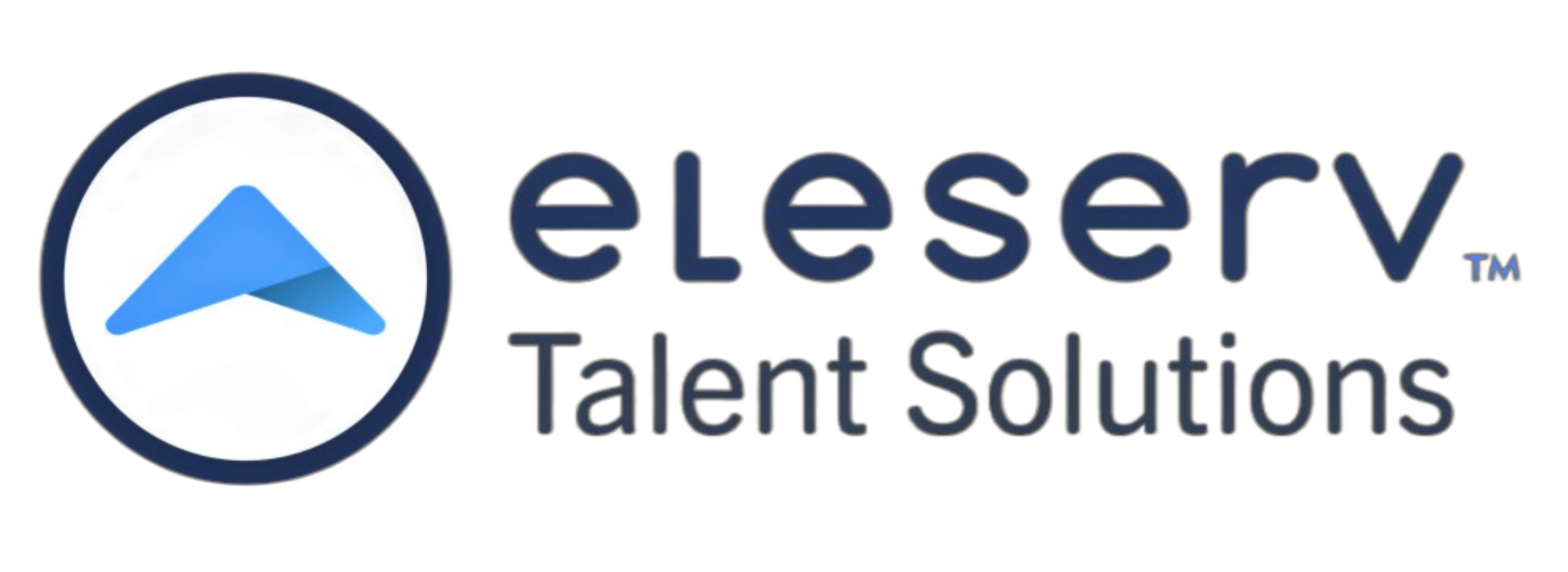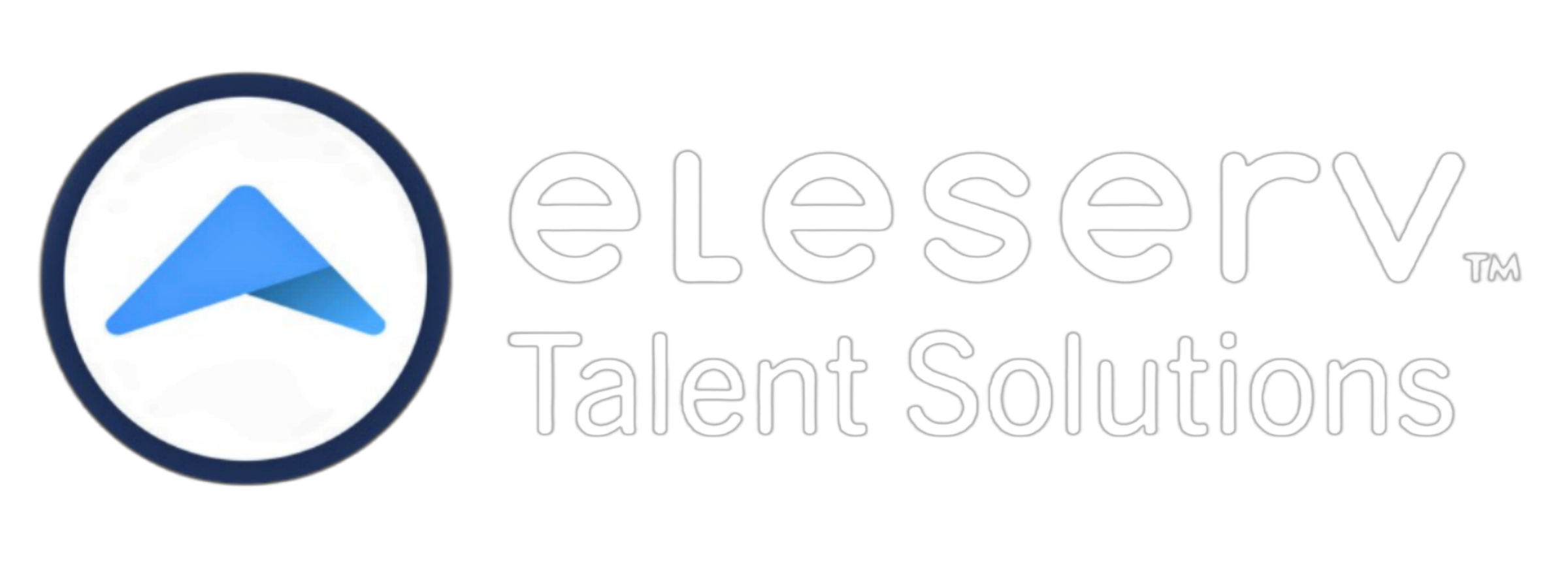Importance of Behavioral Assessments in Hiring
In the competitive landscape of modern recruitment, identifying candidates who not only possess the necessary skills but also fit well within an organization’s culture is paramount. Behavioral assessments have become a vital tool in achieving this goal, offering deep insights into a candidate’s personality, work style, and potential cultural fit. Here, we explore the key reasons why incorporating behavioral assessments in hiring processes is crucial for organizational success.
1. Predicting Job Performance
Behavioral assessments help predict how candidates will perform in their roles. By evaluating traits such as conscientiousness, emotional stability, and sociability, employers can gain a clearer picture of a candidate’s potential job performance. These assessments provide a more comprehensive understanding of how an individual might handle job-specific challenges and work environments, allowing for more informed hiring decisions.
2. Enhancing Cultural Fit
Every organization has its unique culture, and ensuring a candidate’s compatibility with that culture is essential for long-term success and job satisfaction. Behavioral assessments measure characteristics that align with the company’s values and work environment. By matching these traits, employers can enhance team cohesion and reduce the likelihood of turnover, leading to a more harmonious and productive workplace.
3. Reducing Turnover Rates
High turnover rates can be costly and disruptive. Employees who are a poor fit for their roles or the company culture are more likely to leave, either voluntarily or involuntarily. Behavioral assessments help identify candidates who are more likely to stay and thrive within the organization. By selecting individuals who align well with the job and the company’s values, businesses can significantly reduce turnover rates and the associated costs.
4. Facilitating Development and Training
Understanding an employee’s behavioral traits is not only beneficial during the hiring process but also throughout their career. Behavioral assessments can guide personalized development and training programs. By identifying areas where employees may need support or improvement, companies can tailor their training efforts to better suit individual needs, fostering continuous growth and development.
5. Improving Team Dynamics
Teams are the backbone of any organization, and their effectiveness depends on the interplay of various personalities and work styles. Behavioral assessments provide valuable insights into how different team members may interact. This information can be used to build balanced teams with complementary skills and personalities, enhancing overall team performance and productivity.
6. Objective Decision-Making
Traditional hiring methods, such as interviews and resume reviews, can be subjective and prone to bias. Behavioral assessments introduce an element of objectivity into the hiring process. By relying on standardized measures of personality and behavior, employers can make more impartial decisions, reducing the risk of unconscious bias and improving the fairness of the hiring process.
7. Enhancing Employee Satisfaction
When employees are well-matched to their roles and the company culture, they are more likely to be satisfied and engaged in their work. Behavioral assessments help ensure that candidates are placed in positions where they can excel and feel fulfilled. Higher job satisfaction leads to increased motivation, productivity, and overall well-being, benefiting both the employees and the organization.
8. Supporting Strategic HR Initiatives
Behavioral assessments provide data that can support broader HR initiatives, such as succession planning, leadership development, and performance management. By having a detailed understanding of the behavioral traits of their workforce, HR professionals can make more strategic decisions that align with the organization’s long-term goals.
Conclusion
Incorporating behavioral assessments into the hiring process offers numerous advantages, from predicting job performance and enhancing cultural fit to reducing turnover rates and improving team dynamics. By leveraging these assessments, organizations can make more informed, objective, and strategic hiring decisions, ultimately leading to a more productive and harmonious workplace. As the business environment continues to evolve, the importance of understanding and utilizing behavioral insights in recruitment will only grow, making behavioral assessments an indispensable tool for modern HR practices.


